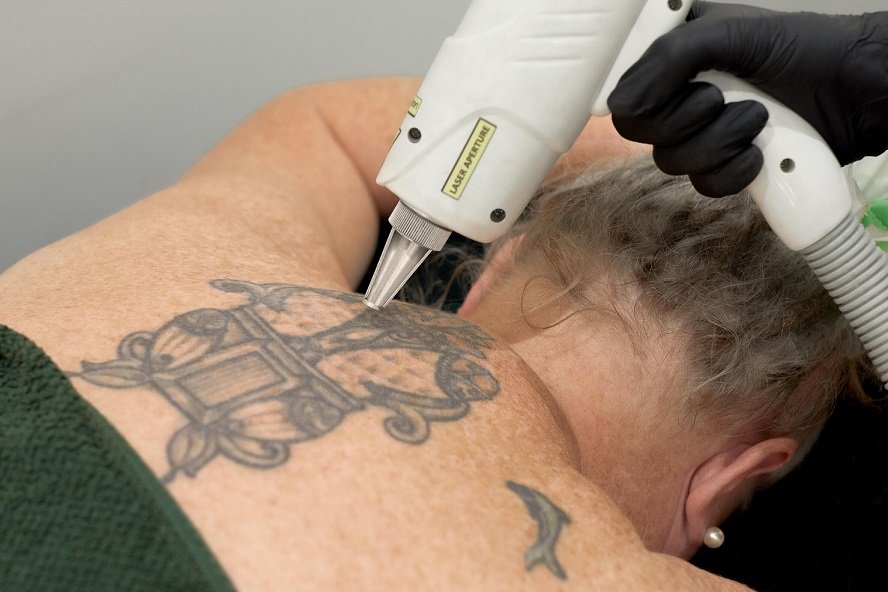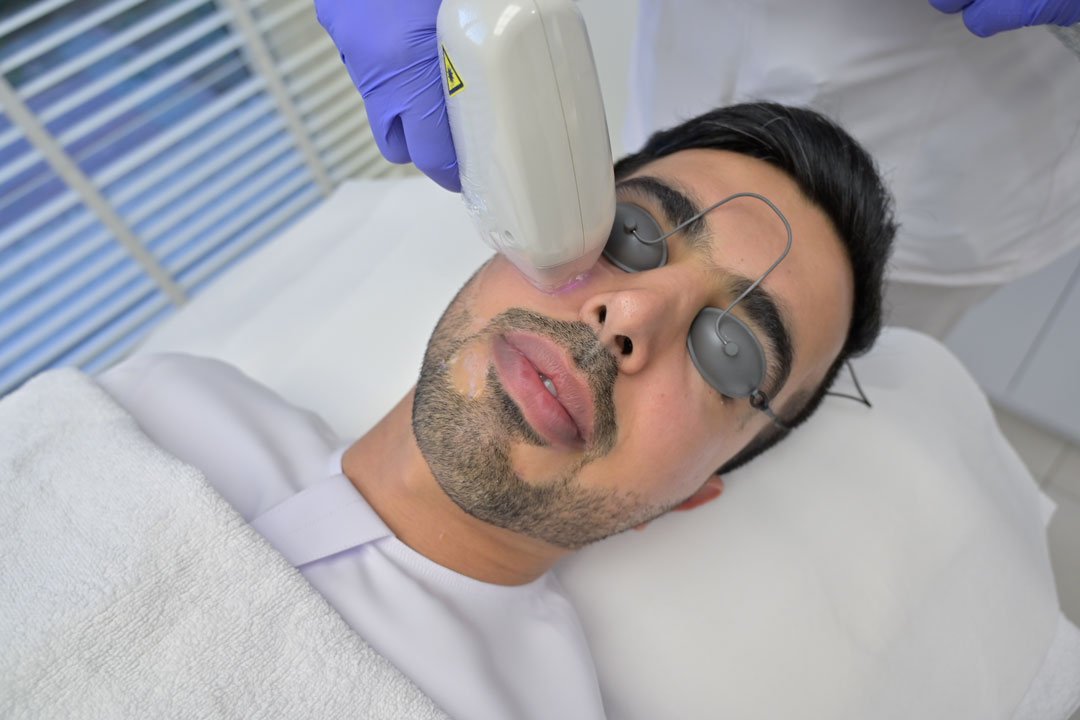Kidney stones are a common and painful medical condition that affects millions of people worldwide. These hard mineral deposits form in the kidneys and can cause severe discomfort as they travel through the urinary tract. While kidney stones can develop in anyone, certain lifestyle choices and underlying health conditions can increase the likelihood of their formation. Understanding how kidney stones form, what causes them, and most importantly, how to prevent them is crucial for maintaining kidney health and overall well-being.
What Causes Kidney Stones?
Kidney stone develop when certain substances, such as calcium, oxalate, and uric acid, accumulate in the urine and form crystals. These crystals gradually clump together, forming stones that can range in size from a grain of sand to a golf ball. While small stones may pass through the urinary tract without causing symptoms, larger stones can become lodged, leading to intense pain, nausea, and difficulty urinating.
Several factors can contribute to the formation of kidney stone, including dehydration, a diet high in certain minerals, genetic predisposition, and medical conditions like gout or hyperparathyroidism. However, the good news is that kidney stones are largely preventable by adopting certain lifestyle changes and dietary habits. visit: techners.net
Prevention Strategies
Preventing kidney stones involves making changes to your diet and lifestyle to reduce the likelihood of stone formation. At Urology Partners of North Texas, healthcare professionals emphasize the importance of staying proactive when it comes to kidney health. By adopting healthy habits, individuals can significantly reduce their risk of developing painful kidney stones.
1. Stay Hydrated
One of the most effective ways to prevent kidney stones is to stay adequately hydrated. Dehydration is a major risk factor for kidney stone formation because it leads to concentrated urine, which can cause minerals to crystallize. Drinking plenty of water helps dilute the substances in urine that contribute to stone formation, making it less likely for stones to develop.
For most people, it’s recommended to drink at least eight glasses of water per day. However, individuals who live in hot climates, exercise frequently, or have a history of kidney stone may need to drink even more to ensure their urine remains sufficiently diluted. You can monitor your hydration level by observing the color of your urine—clear or pale yellow urine typically indicates adequate hydration, while darker urine is a sign that you need to drink more fluids.
2. Limit Salt and Sodium Intake
A diet high in salt and sodium can increase the risk of developing kidney stone, particularly calcium stones. When you consume too much salt, it can increase the amount of calcium in your urine, which in turn raises the risk of stone formation. To prevent this, it’s important to limit your intake of processed foods, fast food, and salty snacks, as these tend to be high in sodium.
Cooking at home with fresh ingredients and using herbs and spices to flavor your food can help you reduce your salt intake without sacrificing taste. Additionally, reading food labels and being mindful of the sodium content in packaged foods can make a big difference in preventing kidney stones.
3. Moderate Your Protein Consumption
Consuming too much animal protein, such as red meat, poultry, eggs, and seafood, can lead to an increase in uric acid levels, which is a risk factor for uric acid kidney stone. Diets high in protein can also reduce levels of citrate in urine, a substance that helps prevent stone formation. While protein is an important part of a healthy diet, moderation is key when it comes to preventing kidney stones.
If you’re at risk of developing kidney stones, consider balancing your diet with plant-based sources of protein, such as beans, lentils, and tofu, which have a lower risk of contributing to stone formation.
4. Reduce Oxalate-Rich Foods
Oxalate is a natural substance found in many foods, and it can bind with calcium in the urine to form kidney stones. While it’s not necessary to completely eliminate oxalate-rich foods from your diet, those at higher risk for kidney stone may benefit from reducing their intake of foods like spinach, rhubarb, beets, and nuts.
Pairing oxalate-rich foods with calcium-rich foods during meals can help prevent stone formation, as the calcium binds to the oxalate in the digestive tract rather than in the kidneys, reducing the risk of stone development.
5. Maintain a Healthy Weight
Being overweight or obese can increase your risk of developing kidney stones. Excess weight can lead to changes in the chemistry of your urine, making it more likely for stones to form. Additionally, obesity is often associated with conditions such as diabetes and hypertension, both of which can contribute to kidney stone development.
Maintaining a healthy weight through regular physical activity and a balanced diet can help reduce your risk. Aim for at least 150 minutes of moderate exercise per week, and focus on eating a variety of fruits, vegetables, whole grains, and lean proteins to support overall health and prevent kidney stones.
6. Consult a Healthcare Provider
If you have a history of kidney stones or are at higher risk due to family history or underlying medical conditions, it’s essential to consult with a healthcare provider for personalized advice. Urologists can perform tests to determine the type of kidney stone you’re prone to and recommend specific dietary and lifestyle changes to prevent them.
At Urology Partners of North Texas, experienced urologists can help develop a customized plan to minimize your risk of kidney stones. Whether it’s through dietary guidance, medication, or other interventions, partnering with a urologist ensures that you’re taking the right steps to protect your kidney health.
Conclusion
Preventing kidney stones is possible with simple yet effective lifestyle changes. By staying hydrated, watching your salt and protein intake, reducing oxalate-rich foods, and maintaining a healthy weight, you can significantly lower your risk of developing kidney stones. If you’re concerned about kidney stones, consulting with a healthcare professional is a proactive step toward prevention.
For more information about preventing kidney stones and for expert urological care, visit upnt.com to schedule a consultation with Urology Partners of North Texas. Their team of dedicated professionals is ready to provide personalized care and help you maintain optimal kidney health.
















Leave a Reply